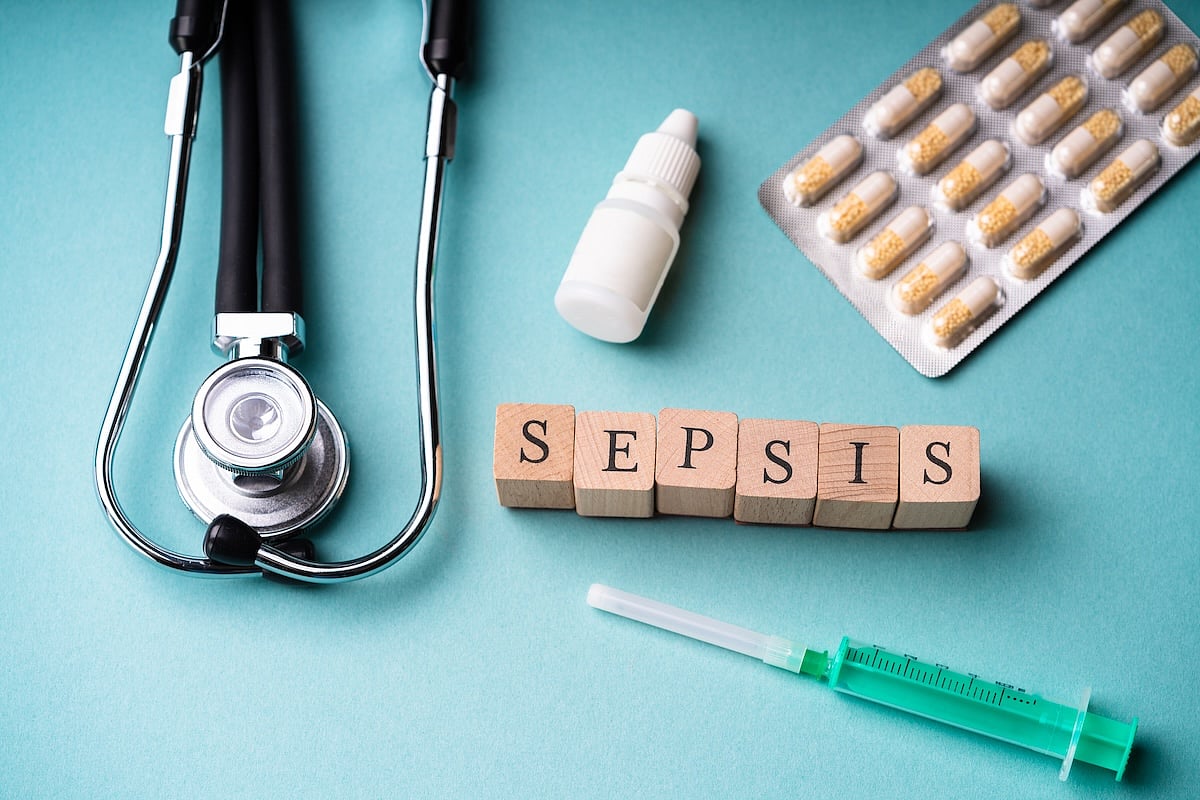Manténgase sano!

- Dennis Thompson
- Posted June 10, 2025
Statins Appear Effective In Treating Sepsis
Statins are a gold-standard treatment for lowering cholesterol, but a new study shows the inexpensive drugs could provide another life-saving service.
Patients with sepsis appear to have a lower risk of dying if they’re treated with statins along with the usual cocktail of antibiotics, intravenous fluids and drugs to increase blood pressure, researchers reported June 5 in the journal Frontiers in Immunology.
“Treatment with statins was associated with a 39% lower death rate for critically ill patients with sepsis, when measured over 28 days after hospital admission,” lead researcher Dr. Caifeng Li, an associate professor at Tianjin Medical University General Hospital in China, said in a news release.
Sepsis is a medical emergency in which the immune system has an overwhelming inflammatory response to an infection. The response is so powerful that the vital organs begin to shut down.
In the U.S., about 750,000 people a year are hospitalized for sepsis and about 27% die, researchers said in background notes.
Even more dangerous is septic shock, which occurs in about 15% of cases. The risk of dying from septic shock — in which blood pressure drops dangerously — is between 30% and 40%, researchers said.
Statins are best known for their ability to lower “bad” LDL cholesterol and triglycerides, while increasing levels of “good” HDL cholesterol.
But statins also have been shown to help lower inflammation, modulate immune response and reduce blood clotting, Li said.
For the study, researchers analyzed medical data for 265,000 sepsis patients admitted to the ER and ICU of Beth Israel Deaconess Medical Center in Boston between 2008 and 2019.
The team compared 6,070 sepsis patients who received statins during their care against another 6,070 patients who didn’t.
The 28-day death rate was more than 23% for those who didn’t get statins, versus 14% for those treated with statins — a relative risk reduction of 39%, researchers said.
However, patients treated with statins were likely to spend longer on a ventilator or in dialysis due to lung or kidney failure, researchers found.
“These results strongly suggest that statins may provide a protective effect and improve clinical outcomes for patients with sepsis,” Li said.
The new results contradict findings from previous clinical trials, possibly because those earlier studies had too few patients in them, she said.
“Previous randomized controlled trial may not have found a benefit of statins in patients with sepsis due to underreporting of sepsis diagnoses, small sample sizes, and failure to account for the complex interactions between statin use and patient characteristics,” Li suggested.
However, this new study cannot provide the sort of direct cause-and-effect link between statins and lower risk of sepsis death that would come from a full-fledged clinical trial, researchers noted.
“An ideal randomized controlled trial to confirm or reject our results should include a large sample size of sepsis patients, with detailed information on statin types, doses, and treatment duration,” Li said. “It should also carefully consider the timing of statin initiation and control for potential confounders.”
More information
The Cleveland Clinic has more on sepsis.
SOURCE: Frontiers, news release, June 6, 2025

